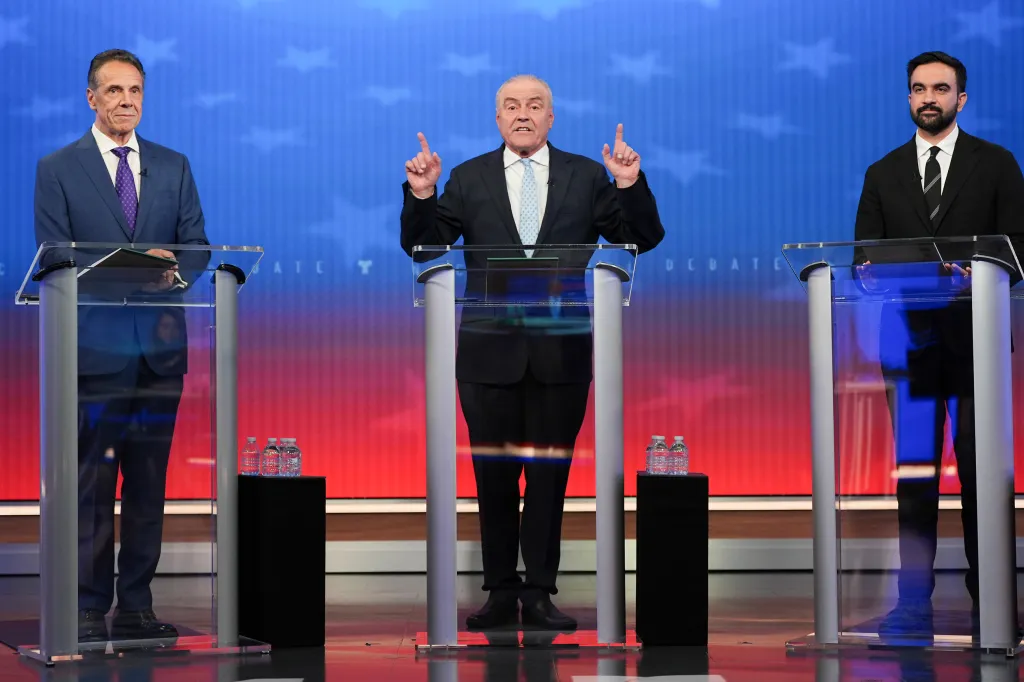Copyright independent

Scientists have discovered a powerful and unexpected new ally in the fight against cancer: the Covid mRNA vaccine. Patients battling advanced lung or skin cancer who received a Covid mRNA jab within 100 days of starting immunotherapy lived significantly longer than those who didn’t, according to groundbreaking research by teams in the US. The researchers said the discovery could mark a pivotal moment in over a decade of research into mRNA-based treatments designed to awaken the immune system against cancer – and could be a “significant step” toward the elusive goal of a universal cancer vaccine. The findings are based on analysis of more than 1,000 patients’ records, carried out by the University of Florida and the University of Texas MD Anderson Cancer Center, where the patients were being treated. The current results are preliminary, the teams said, but if validated in a randomised clinical trial now in design, the study “could have a widespread clinical impact”. “The implications are extraordinary. This could revolutionise the entire field of oncologic care,” said senior researcher Dr Elias Sayour, a paediatric oncologist at the University of Florida. “We could design an even better nonspecific vaccine to mobilise and reset the immune response, in a way that could essentially be a universal, off-the-shelf cancer vaccine for all cancer patients.” The study involved records of 180 advanced lung cancer patients who received a Covid vaccine within a 100-day period before or after starting immunotherapy drugs. Meanwhile, 704 people were treated with the same drugs who did not receive the vaccine. Getting the vaccine was associated with a near doubling of median survival, from 20.6 months to 37.3 months. Similarly, among metastatic melanoma patients – those with cancer that has spread from its original location, typically the skin, to other parts of the body – 43 of them received a vaccine within 100 days of initiating immunotherapy, while 167 patients did not receive a vaccine. With the vaccine, median survival increased from 26.7 months to a range of 30 to 40 months, the researchers found. At the time the data were collected, some patients were still alive, meaning the vaccine effect could be even stronger. Receiving non-mRNA pneumonia or flu vaccines resulted in no changes in longevity, the team said. In lung and skin cancers, doctors usually engage the immune system with drugs designed to “release the brakes” and recognise and attack cancer cells more effectively, the researchers explained. However, in advanced disease stages, most patients don’t respond well and often have exhausted other treatment options like radiation, surgery and chemotherapy. “One of the mechanisms for how this works is when you give an mRNA vaccine, that acts as a flare that starts moving all of these immune cells from bad areas like the tumour to good areas like the lymph nodes,” Dr Sayour said. To further back their findings, University of Florida researchers replicated the effect in mice. They paired immunotherapy drugs with a Covid-targeted mRNA vaccine, which revealed they could turn unresponsive cancers into responsive ones, thereby thwarting tumour growth. Dr Jeff Coller, a leading mRNA scientist and professor at Johns Hopkins University, said the findings point to yet another way Operation Warp Speed – part of the American government’s early response to Covid – continues to save lives in “unique and unexpected ways”. “The results from this study demonstrate how powerful mRNA medicines truly are and that they are revolutionising our treatment of cancer,” Dr Coller said. “Although not yet proven to be causal, this is the type of treatment benefit that we strive for and hope to see with therapeutic interventions – but rarely do,” said Dr Duane Mitchell, director of the UF Clinical and Translational Science Institute. “I think the urgency and importance of doing the confirmatory work can’t be overstated.” The team’s findings were presented this week at the 2025 European Society for Medical Oncology Congress in Berlin. The discovery comes weeks after US health secretary Robert F Kennedy Jr incorrectly argued that mRNA vaccines are ineffective, as he sought to justify the Department of Health and Human Services’s recent decision to cancel $500m (£374m) in government-funded research projects to develop new vaccines using the technology. The vaccines saved millions of Americans’ lives during the Covid pandemic.



